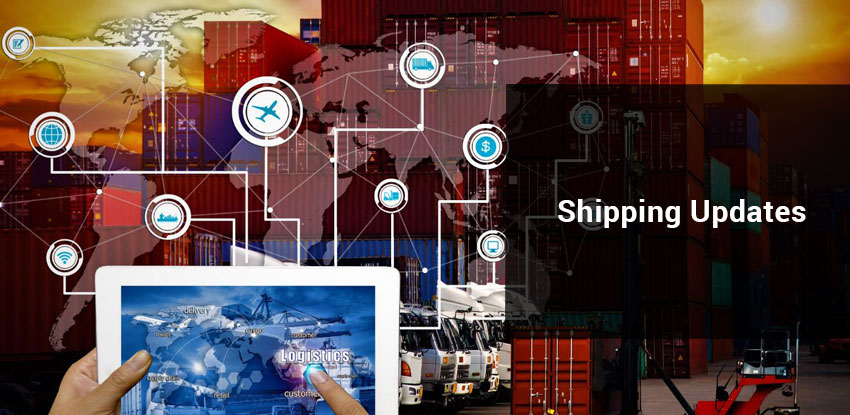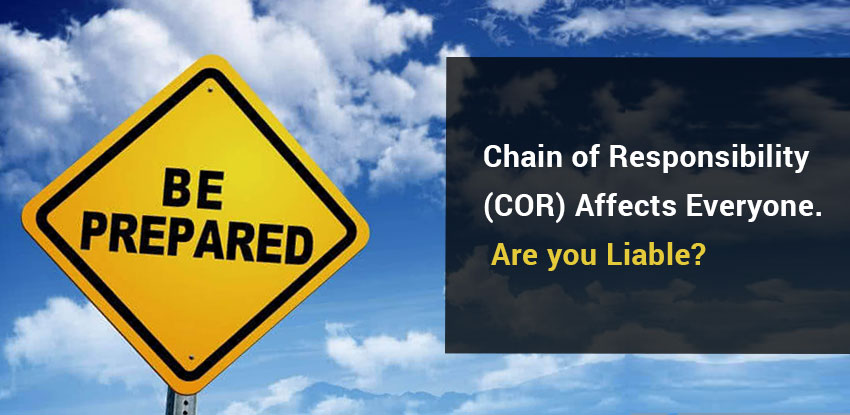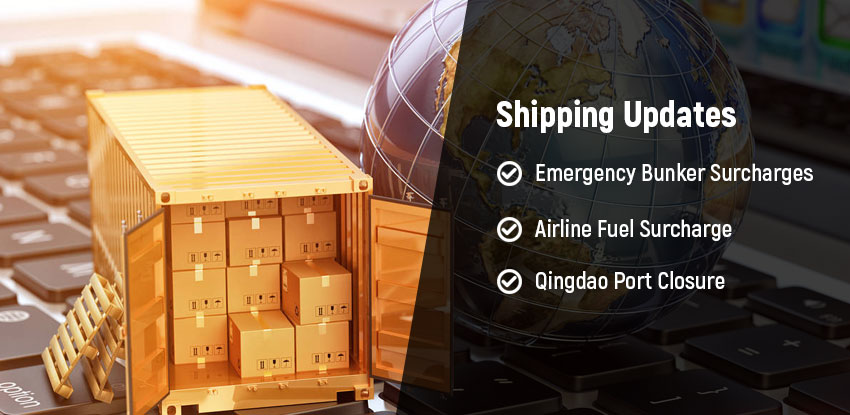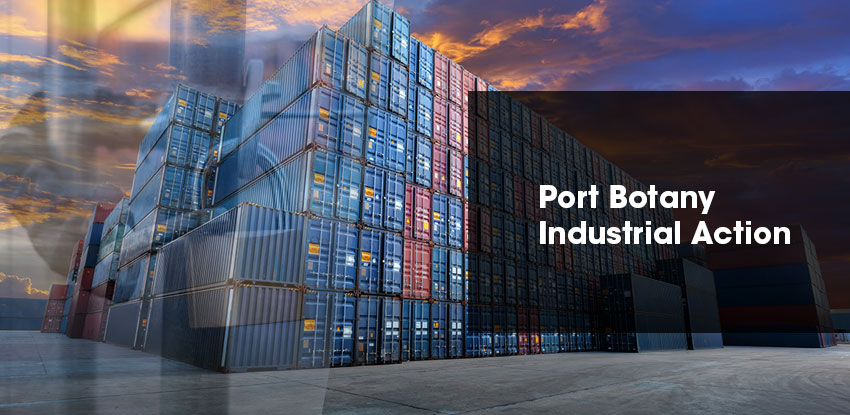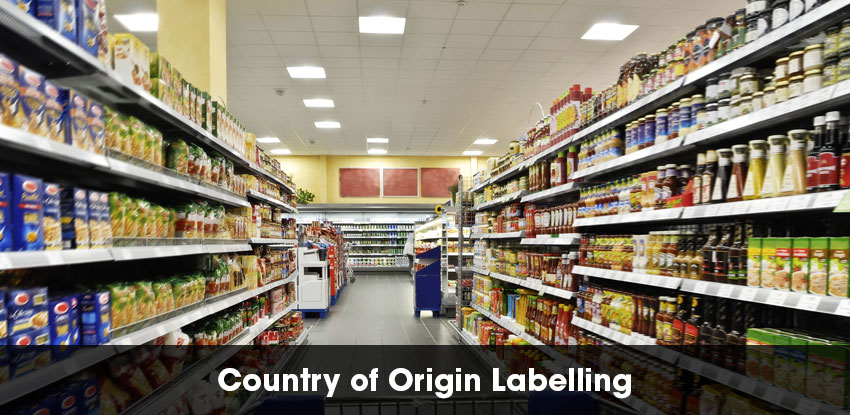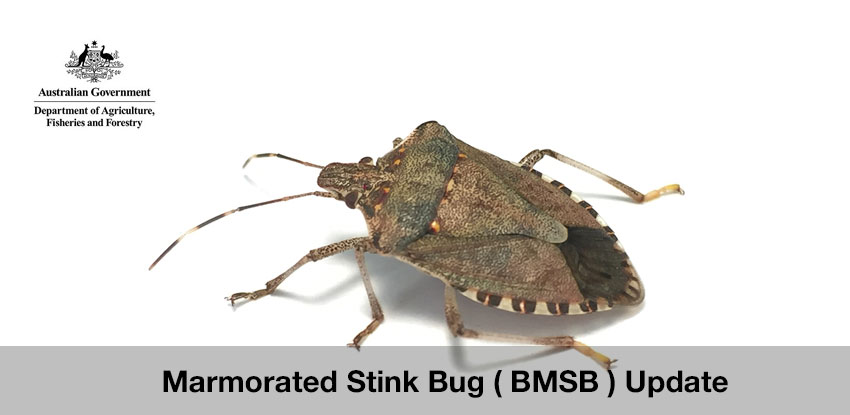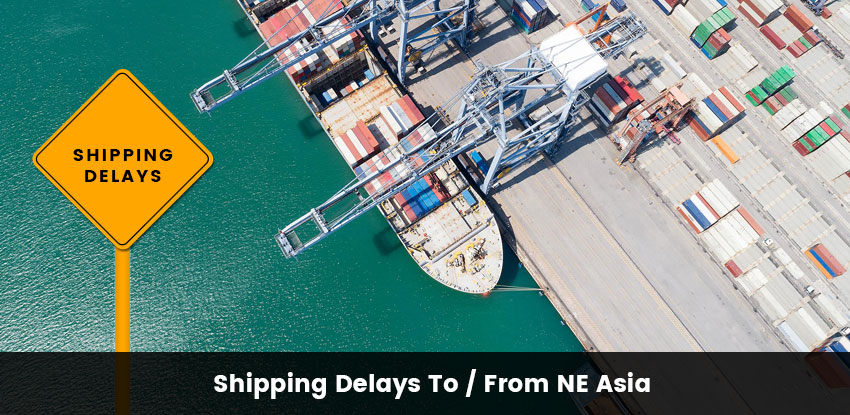Airline Fuel Surcharge:
Airlines operating services to Australia from Hong Kong have announced another fuel surcharge increase effective from 1st July 2018.
The Fuel Surcharge will increase by another HKD 0.40/kg to HKD 2.90/kg, this is the second increase in the last 2 months. GPSM rates will be adjusted to reflect the cost increase.
Adelaide Port Infrastructure Charge:
The Port of Adelaide are introducing an Infrastructure Charge of $ 50.00 per container from 1st July 2018. The new charge will apply to all import and export containers moved via the port.
Adelaide was the only port not to introduce this charge earlier in line with all other major Australian ports. The new charge will apply to FCL and LCL cargo and will be shown separately on all GPSM shipment invoices.
Emergency Bunker Surcharge:
Just a reminder that lines from USA and Canada will implement their Emergency Bunker Surcharge effective 1st July, 2018 at a rate of USD 60.00/20ft and USD 120.00/40ft FCL.
All shipments with a departure date from 1 July will be affected and rates billed by GPSM will reflect the increased costs. This will also apply to LCL shipments, the additional cost will be USD 3.00 per cubic metre or 1000kgs.
New Service from Central and Southern China:
Three shipping lines (APL, Hyundai and Evergreen Lines) have announced they will be introducing a new joint service to Australia from North East Asia in mid-August 2018. The three partners were previously members of a larger lines consortium but have now made the decision to split from that conference and operate an independent service.
Port rotation of the new service will be Ningbo – Shanghai – Yantian – Sydney – Melbourne – Brisbane – Ningbo and will be serviced by five (5) vessels on a weekly schedule.
It is expected the new service will add an extra capacity of 3,700 TEU’s (twenty-foot equivalent containers) to the weekly southbound services.

